| Here's a special post for Janeites -- the insights in today's blog post will be intelligible only to people who are well acquainted with the plot of Jane Austen's masterpiece Emma. |
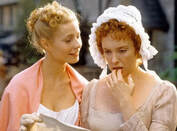
I recently received a flurry of emails from a well-known (if controversial) Jane Austen researcher asking to rebut my "completely misguided" comments about Jane Austen's novel Emma. He said I was "blissfully unaware" of the real reason that Emma Woodhouse prevented Harriet Smith from marrying Robert Martin. His theory is that Emma contains several hidden plots, all of which indicate Austen's truly radical beliefs.
In a gesture of good faith, I have agreed to share his theory that a dramatic “subterranean story” (one of many) lurks beneath the placid surface of Emma. What follows are his insights, not mine:
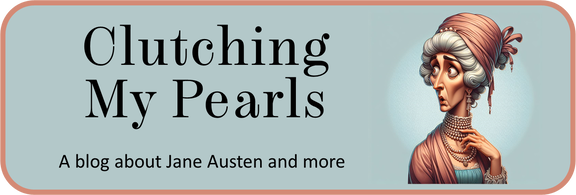
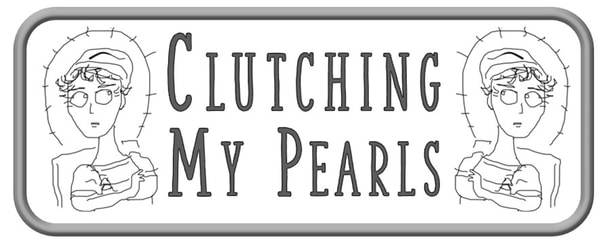
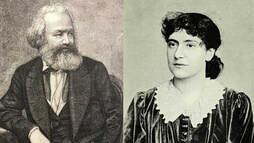
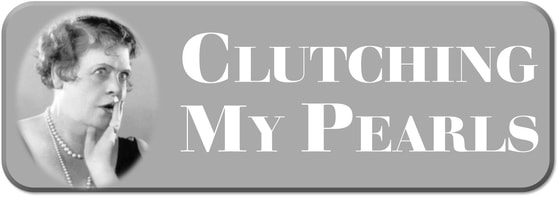

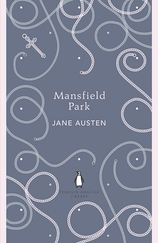
 RSS Feed
RSS Feed